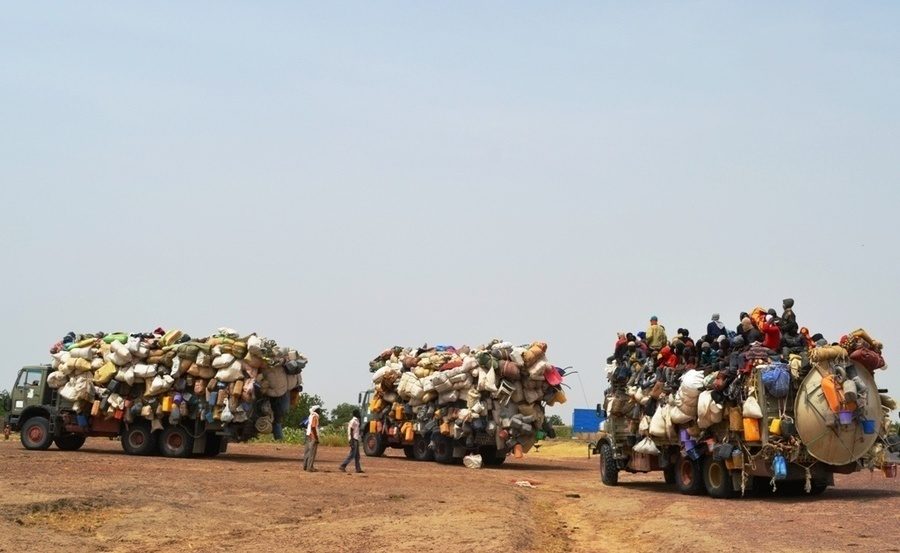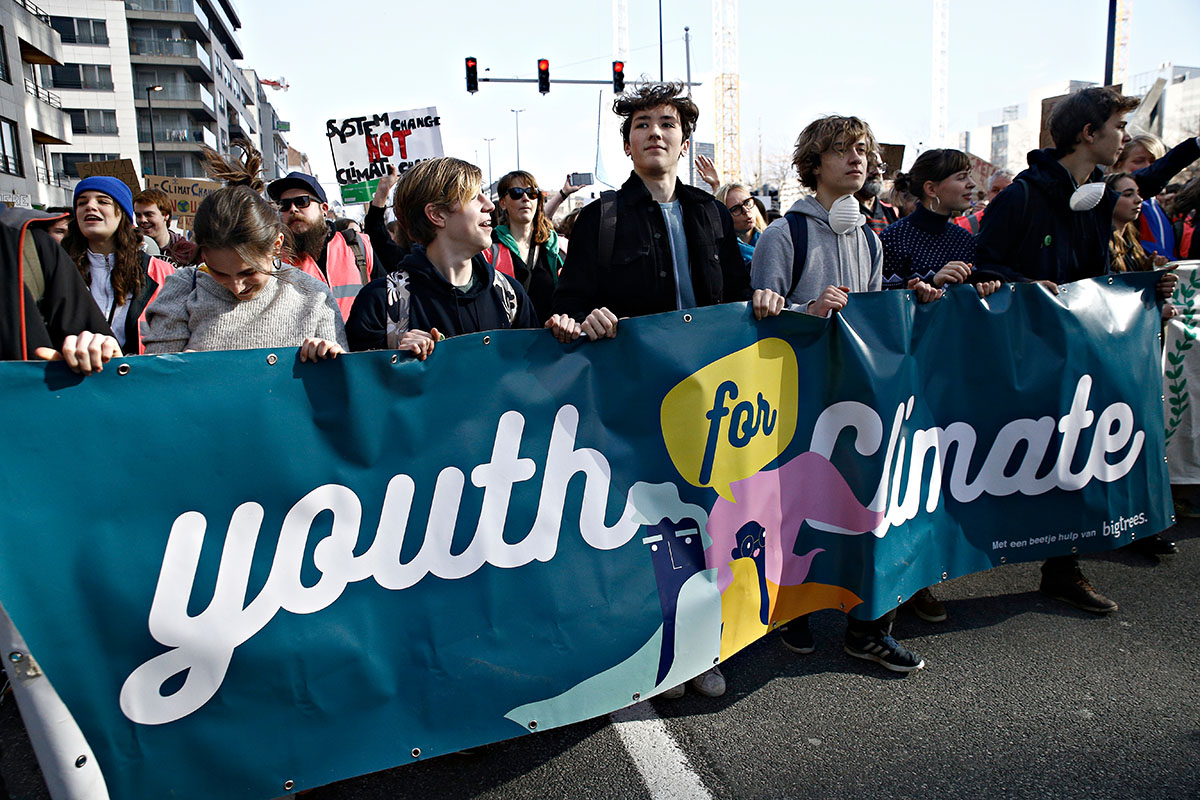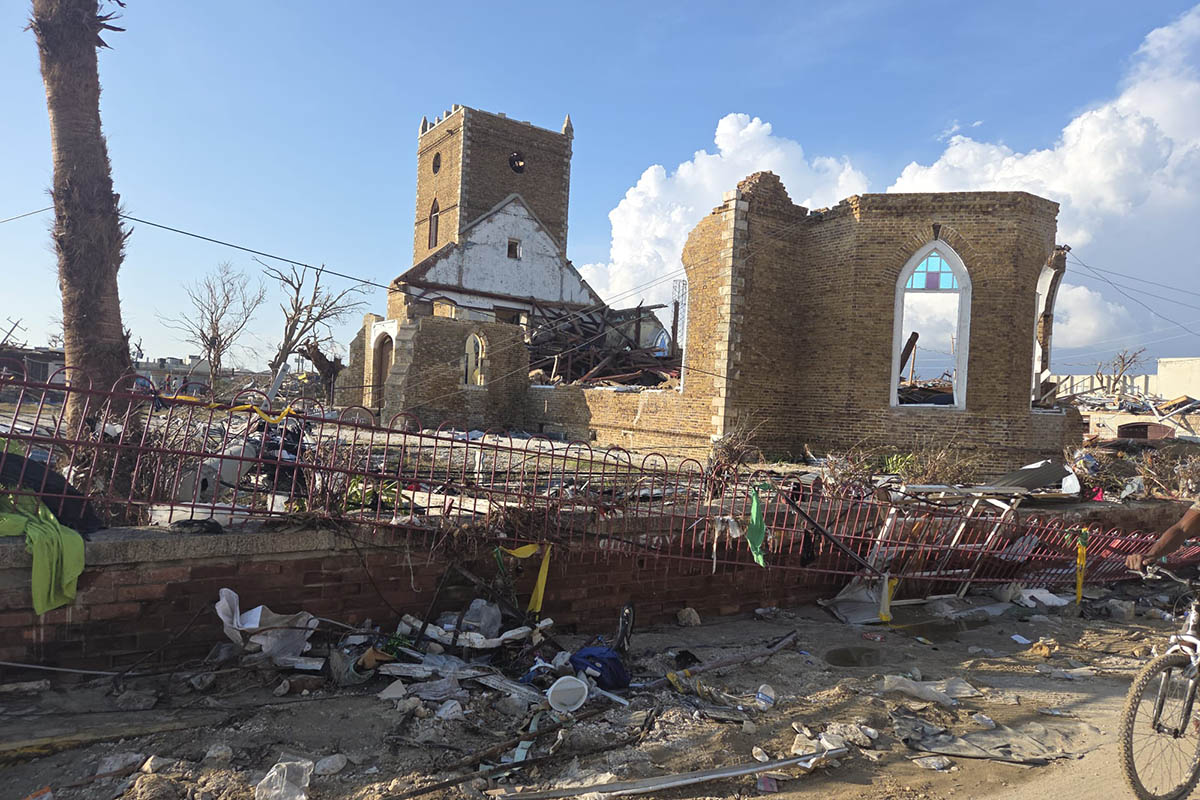Moving away: Africa’s migration challenge
January 25
Migration is having a negative impact on the African continent, writes Metolo Foyet, 21, a Commonwealth Correspondent from Cameroon who argues that while young people are among those migrating, they also have the power to play a positive role to stem the tide of migration from the continent.
Migration data from the Pew Research Centre show that between 2010 and 2017 the total number of emigrants worldwide from all sub-Saharan African countries combined, grew by 31 percent. Among these African migrants were North Africans who moved to the Gulf countries for work, and Africans heading for the USA and Europe in search of a better life.
Sadly, many migrants do not survive the journey from Africa to their destination. Last summer, the Guardian newspaper reported that up to 150 people from two migrant boats were feared dead after they went missing in the Mediterranean Sea as they attempted to cross from Libya to Europe.
This was not the first time that the African continent lost its people, including some of its valiant youth, in migration incidents. According to figures from the UN Refugee Agency, in 2017 and 2018 combined, a total of over 4,500 migrants died in the Mediterranean Sea on their journey from Africa to western countries.
There are several reasons why Africa’s youth are among those fleeing the continent. These include poor governance, economic and political instability and conflicts. When African governments embrace development strategies that leave the largest part of the population behind, the result is increased inequality, high rates of unemployment for young people, exclusion of the youth, and misery.
Many young people face harsh living conditions. Basic amenities such as power and infrastructure for small businesses and start-ups, well-functioning education systems and adequate health care systems are lacking. Young people are left with few opportunities to develop initiatives to improve their quality of life. The most obvious solution for young people facing such realities is to flee in search of a better future.
Political instability and conflicts are also factors driving the migration of Africa’s youth. Some countries experience post-electoral and ethnic conflicts, terrorism and upheavals which largely involve and affect the youth.
Some children and young people are forced into violent groups. It is not surprising then that many Africans are fleeing from conflict zones to escape the destruction of their families and death.
Africa’s migration problem could, however, get worse. The rising number of young Africans aged 15–24 will double from 230 million in 2015 to 461 million by 2050, says Goldstone in his article Africa 2050: Demographic Truth and Consequences. He adds that whilst many will be unemployed or underemployed, more and more of Africa’s youth will learn about life in the West from friends, relatives, and media and will have the resources to consider moving abroad.
Migration has several negative effects on Africa’s economic and social development. But young people can contribute to eliminating some of the push factors for migration. For example, instead of being perpetrators of violence, young people can choose to be peace-builders, mediators, and community mobilisers.
In addition, with their youthful energy, they can engage civil society organizations in observing government actions to promote youth inclusion in their development strategies. Entrepreneurship can also be promoted on the continent and measures can be taken to facilitate and support those willing to venture into entrepreneurship.
……………………………………………………………………………………………………………………………….
……………………………………………………………………………………………………………………………….
About Metolo Foyet: I am a social entrepreneur with a focus on education, agriculture and cybersecurity. I have a track record of adding value to organisations by delivering innovative projects that engage stakeholders. I have expertise in public affairs, strategic communications, translation, research and development, product design, grassroots development and project management across the not-for-profit and private sectors. I paint, write, and am an environmental, travel and sports enthusiast. I envision a career in the public service, especially the UN.
……………………………………………………………………………………………………………………………….




